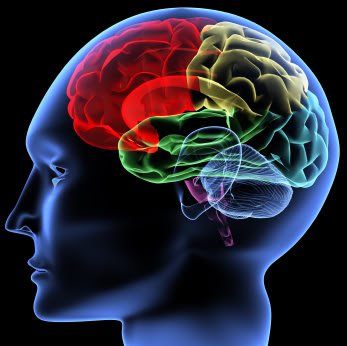
From self-driving cars to virtual assistants, Artificial Intelligence has impacted our lives in every possible way and this technology is becoming invincible day by day. According to a study conducted by Oxford University, AI may replace up to 45% of the human jobs in next 20 years. Chat bots have already replaced their human counterparts in Customer service and intelligence systems may soon eliminate low-level manual jobs that involve repetitive tasks.
As computational intelligence keeps improving and gets faster due to enhanced processor speeds, AI is getting better and is also able to defeat humans in various tasks. Google’s DeepMind labs developed an AI application named AlphaGo which has already defeated one of the best human players Lee Sedol in the ancient Chinese game of Go and has also recently defeated the current world champion Ke Jie. Another AI named Libratus that was developed by the scientists at Carnegie Mellon University was able to defeat the world’s best poker players in a 3-week tournament of Texas Holdem’ Poker. This is a milestone achievement in the field of Artificial Intelligence since poker is a game of incomplete information and not just a normal repetitive task.

Autonomous cars are being used for ride-hailing services in Singapore by a start-up named nuTonomy and various companies are exploring this area. AI is also revolutionizing healthcare and deep learning algorithms are used in the analysis of complex medical data. Artificial Intelligence is already used for diagnosis of X-rays and CT scans to detect early stages of lung cancer by a Chinese start-up named Infervision.
AI based health care assistants use natural language processing and machine learning algorithms to analyse the symptoms of the patients in diagnosing their diseases and suggesting appropriate medications. For example, Your.MD is an AI-powered mobile App which can suggest remedies for your ailments and will caution you when you should consult the doctor. Similarly, IBM’s Watson is an AI whose oncology platform can detect cancer symptoms and offer dynamic care by guiding patients on the right treatment path. There will lot more AI applications developed in the future which will redefine the healthcare industry altogether and help in faster treatment and recovery of complex diseases.
Elon Musk, the CEO of Tesla and SpaceX has launched a start-up named NeuraLink which will be developing devices that can be implanted in human brains to act as a brain-computer interface. As we know, Tesla and SpaceX are companies which are already working on innovative ideas and this new venture of Elon Musk is a completely mind-blowing concept which can make humans smarter than computers. Musk while addressing a gathering at Dubai told that, “Over time I think we will probably see a closer merger of biological intelligence and digital intelligence.”
Electrode arrays and several implants have been already used in medical industry to improve the effects of neurodegenerative disorders like epilepsy and Parkinson’s disease. Musk’s idea of NeuraLink is developing a brain computer interface by using a network of tiny electrodes that can be implanted in the human brain. Musk believes this technology will help humans to communicate with others wirelessly without using any spoken or written language. If this technology is realized, and it can alter our lifestyle completely as human beings will be able to communicate more effectively and swiftly. This technology will create a biological connection to the Internet and human mind and this is something which we have seen only in the science fiction movies so far.
AI has also disrupted the design industry with many start-ups coming up with machine learning powered branding platforms like Tailor Brands. Even website creation is automated using machine learning algorithms and start-ups like The Grid and Wix have already launched AI-powered website builders that can design websites for you with very little manual effort. Smart chat bots are already being used for servicing customers online by various businesses. With new applications getting developed almost every day, AI has become ubiquitous and plays an inevitable role in altering human life.